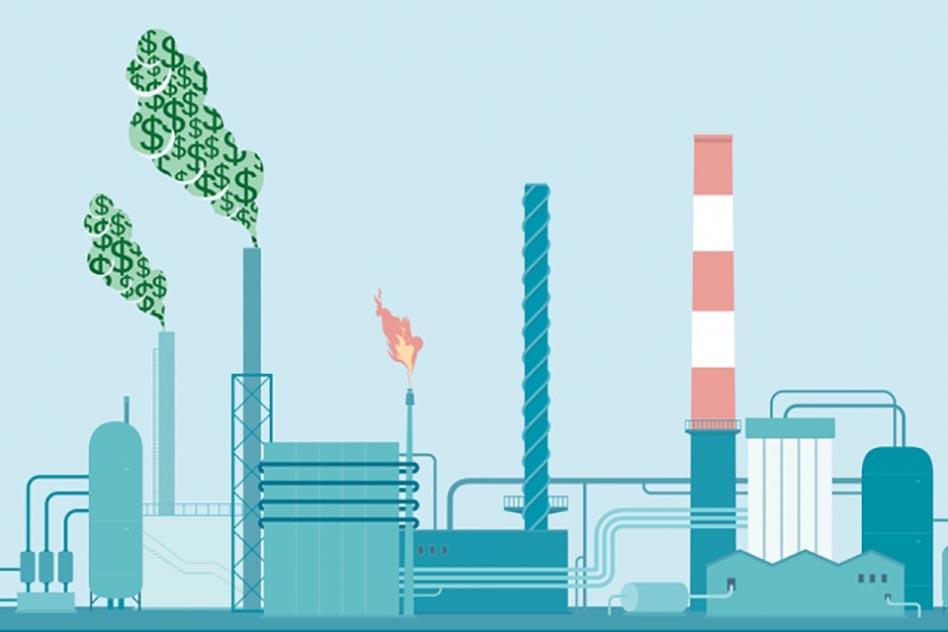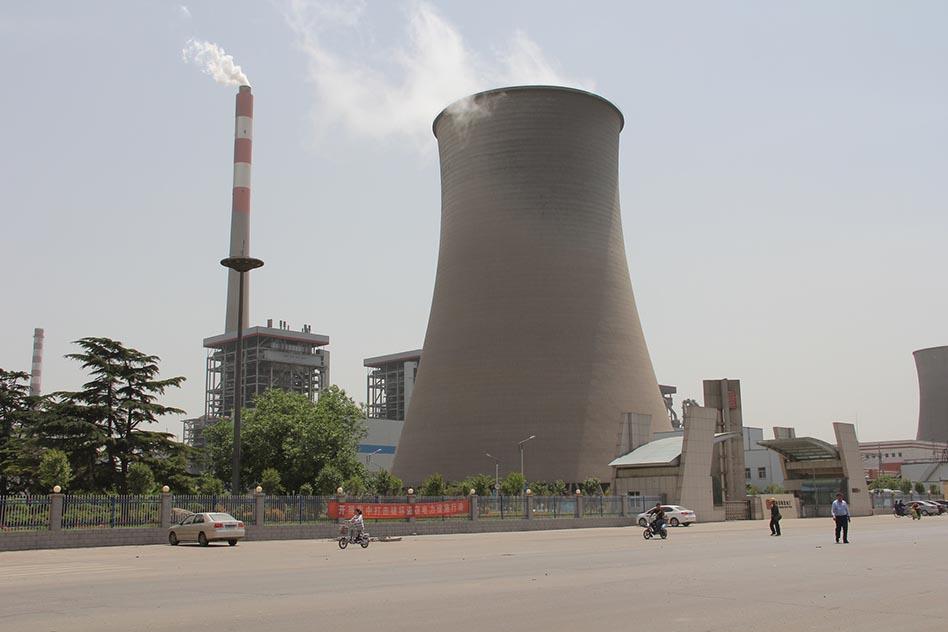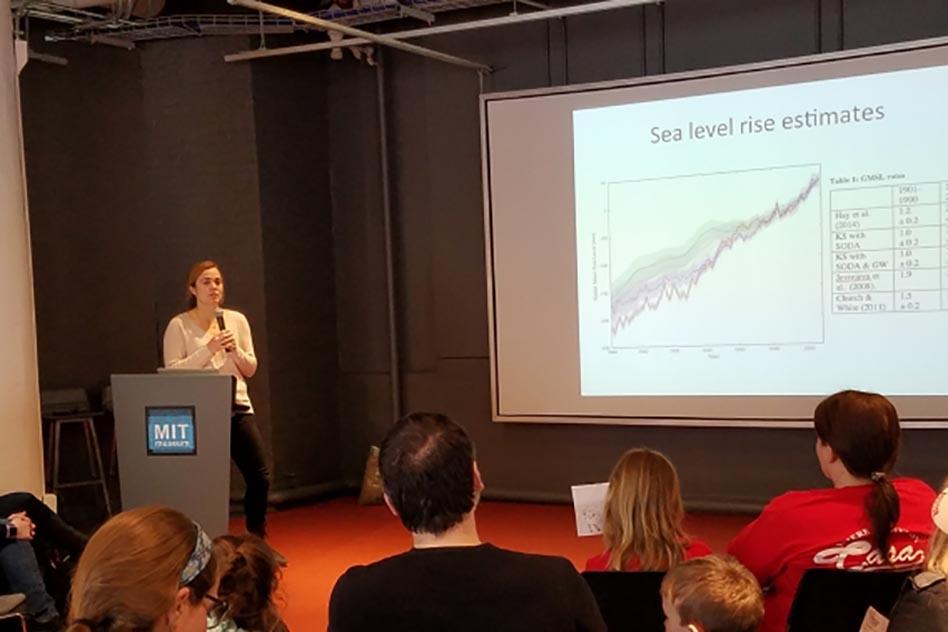News + Media

How might climate change alter the global food system by the year 2050? Will diets change to reflect a revamped agriculture designed to adapt to a warming world?

A new MIT study reports that, if China follows through with its international pledge to reduce carbon dioxide emissions, every one of its provinces will experience benefits to air quality and human health, with associated monetary savings that could offset the total cost of implementing the...

Professor of mechanical engineering explains the importance of advancing internal combustion engines and offers his take on recent EPA rollbacks
Mary Beth O'Leary | Mechanical engineering April 18, 2018
The future of the internal combustion engine, with some 2 billion in use in the world today, was a hot topic at last week’s Society of Automotive Engineers (SAE) World Congress in Detroit. There, John Heywood, the Sun Jae...

Growing global food demand, climate change and climate policies favoring bioenergy production are expected to increase pressures on water resources around the world. Many analysts predict that water shortages will constrain the ability of farmers to expand irrigated cropland, which would be...

On International Journalism Festival panel, MIT Joint Program Co-Director John Reilly highlights challenges and strategies for impactful climate change reporting
International Journalism Festival
Published on Apr 12, 2018

Panel Summary Day Zero: Water Crisis South Africa from the WSSS Symposium, April 6 2018

Interactions among microorganisms account for nitrite accumulation just below the sunlit zone, with implications for oceanic carbon and nitrogen cycling
Lauren Hinkel | Oceans at MIT April 10, 2018
Nitrogen is a hot commodity in the surface ocean. Primary producers including phytoplankton and other microorganisms consume and transform it into organic molecules to build biomass, while others transform inorganic forms to access their...

David L. Chandler | MIT News Office April 6, 2018
Putting a price on carbon, in the form of a fee or tax on the use of fossil fuels, coupled with returning the generated revenue to the public in one form or another, can be an effective way to curb emissions of greenhouse gases. That’s...

If successful, China could lead the next generation of global carbon markets in developing and industrializing countries. A commentary in the journal Nature Climate Change co-authored by Sloan School of Management Asst. Prof. Valerie Karplus, faculty affiliate of the Joint Program
Photo: Coal-fired electric plant, Henan Province, China (Source:
V.T. Polywoda)

Researchers celebrate women in environmental sciences and engineering--including former Joint Program research associate Megan LIckley--at the MIT Museum’s Girls Day
Lauren Hinkel | Oceans at MIT April 3, 2018

